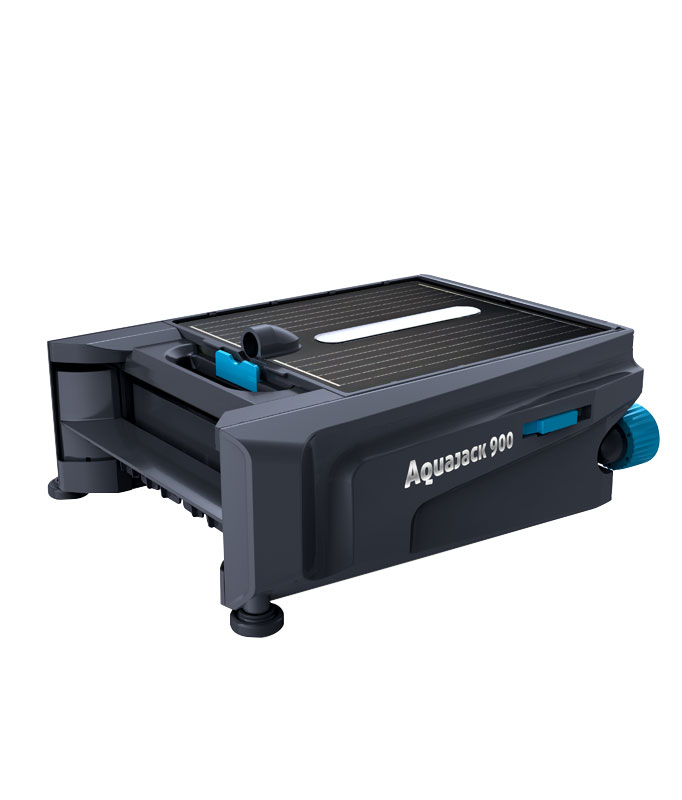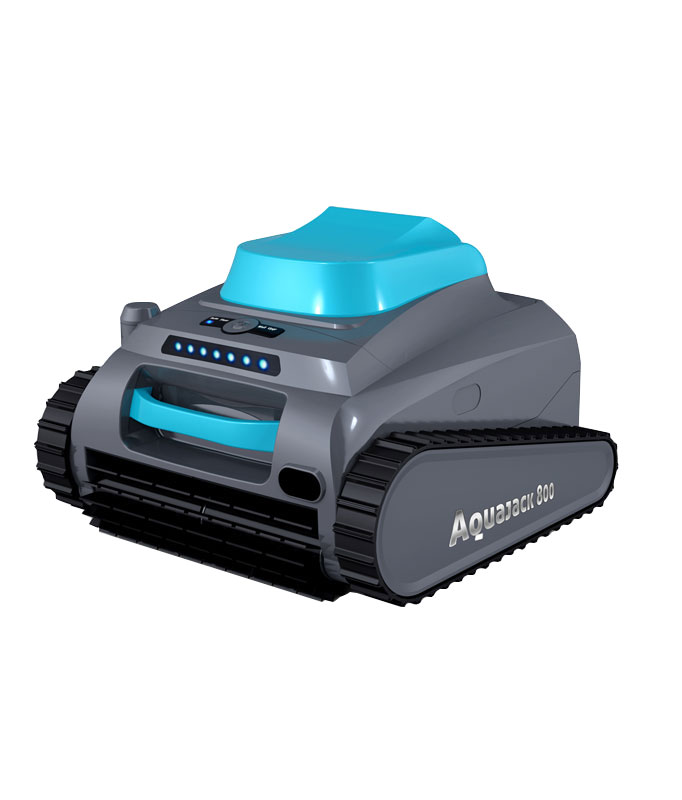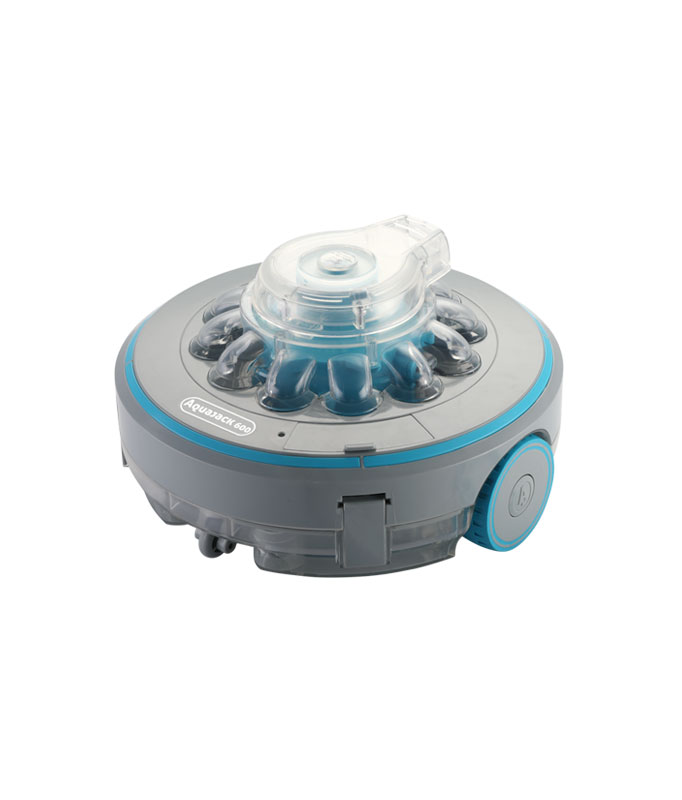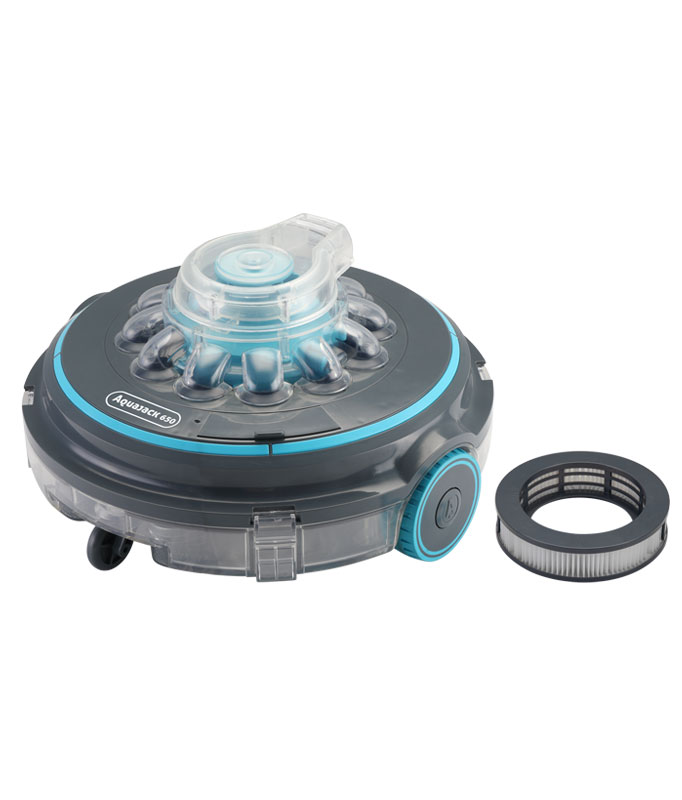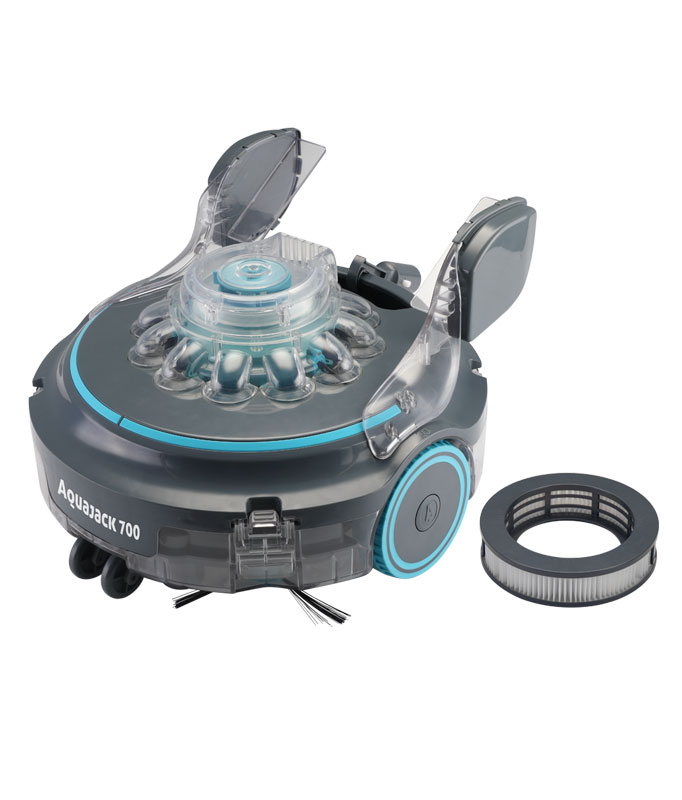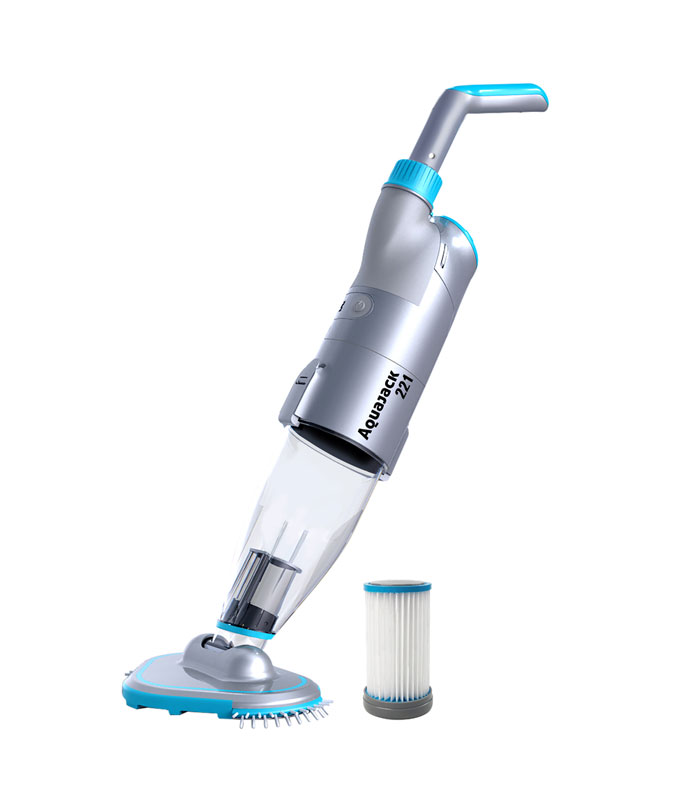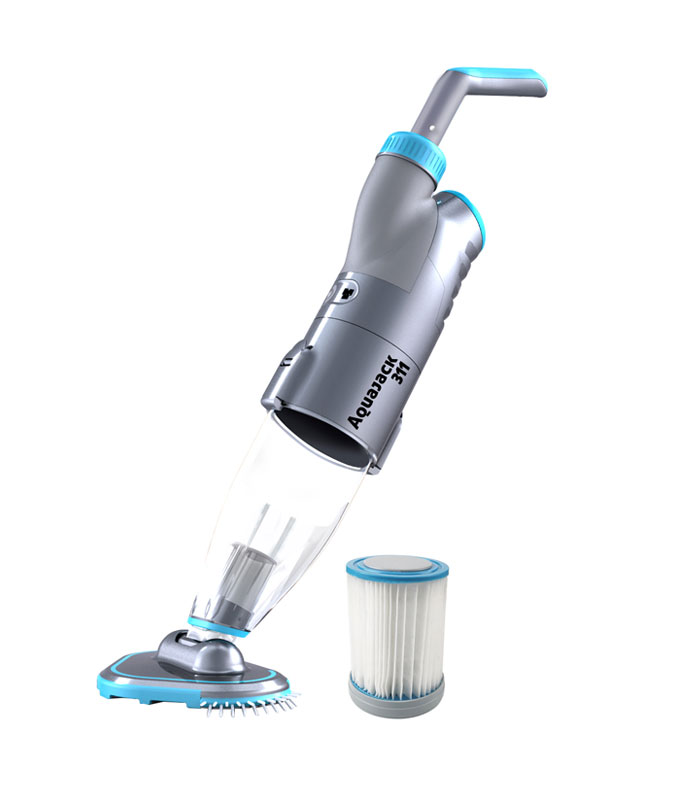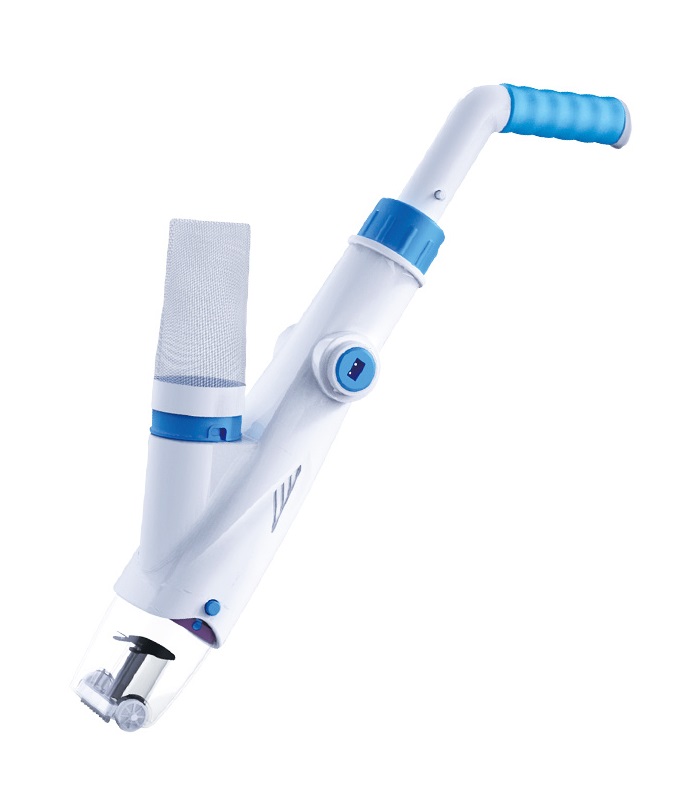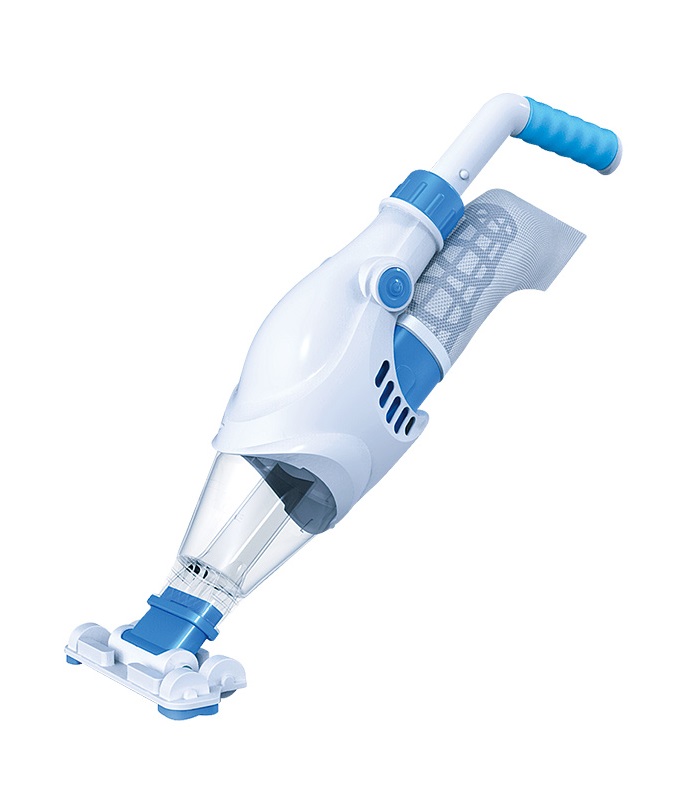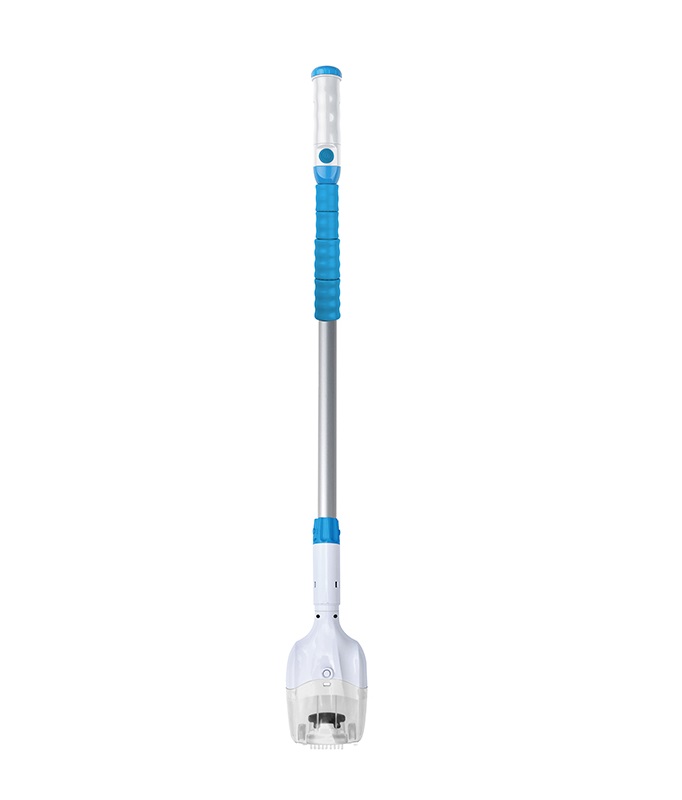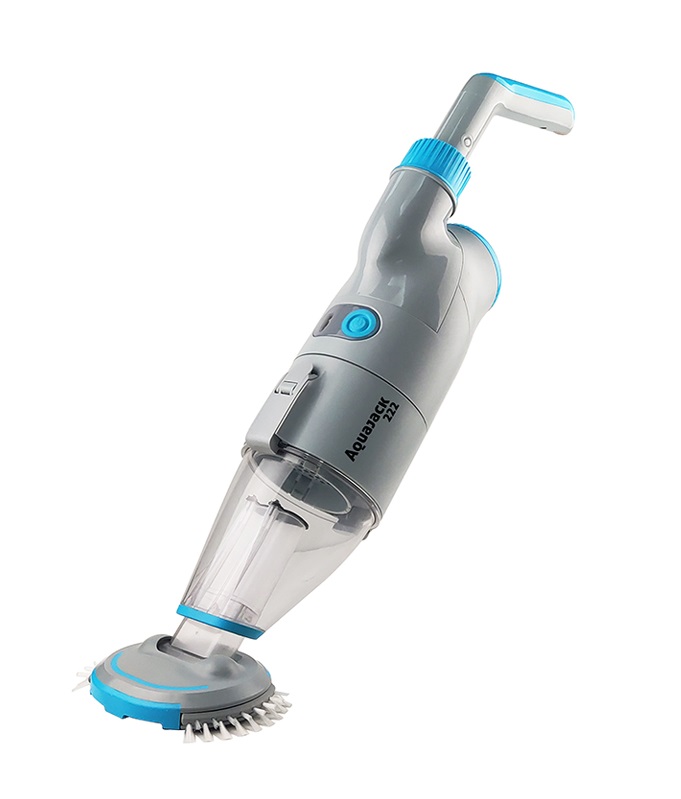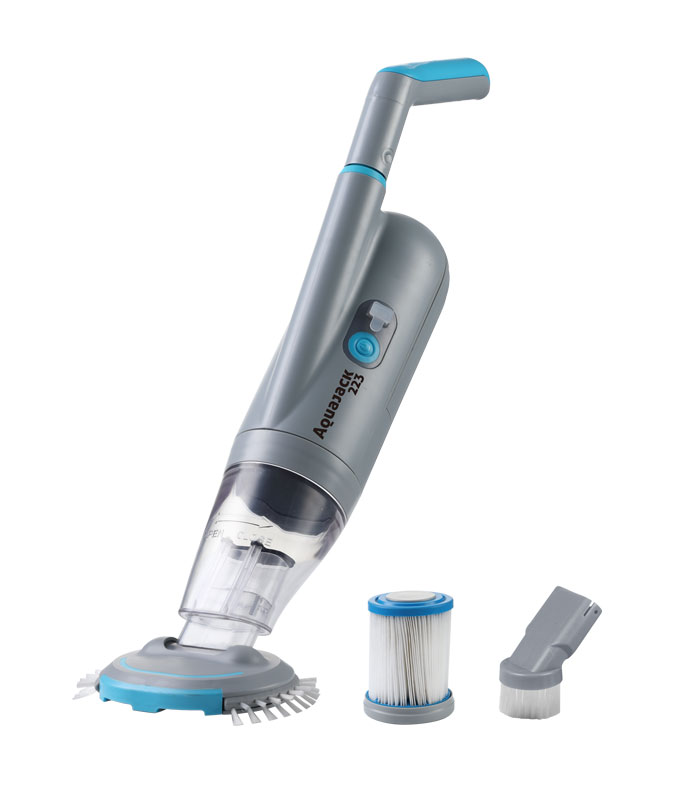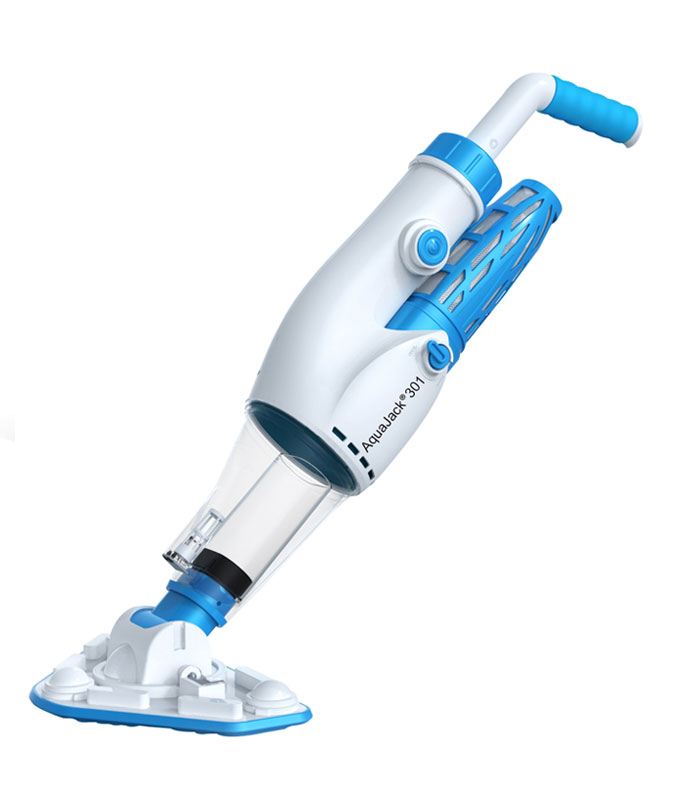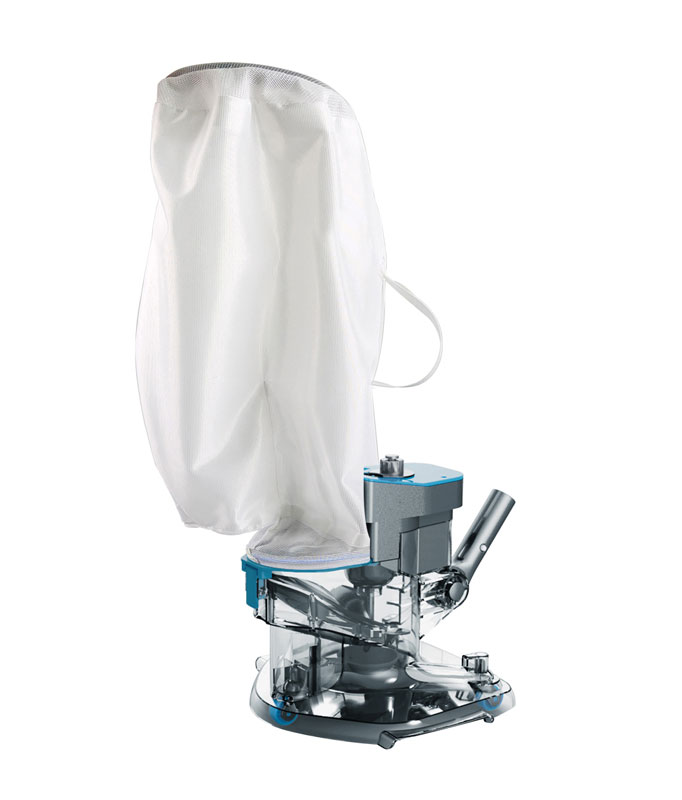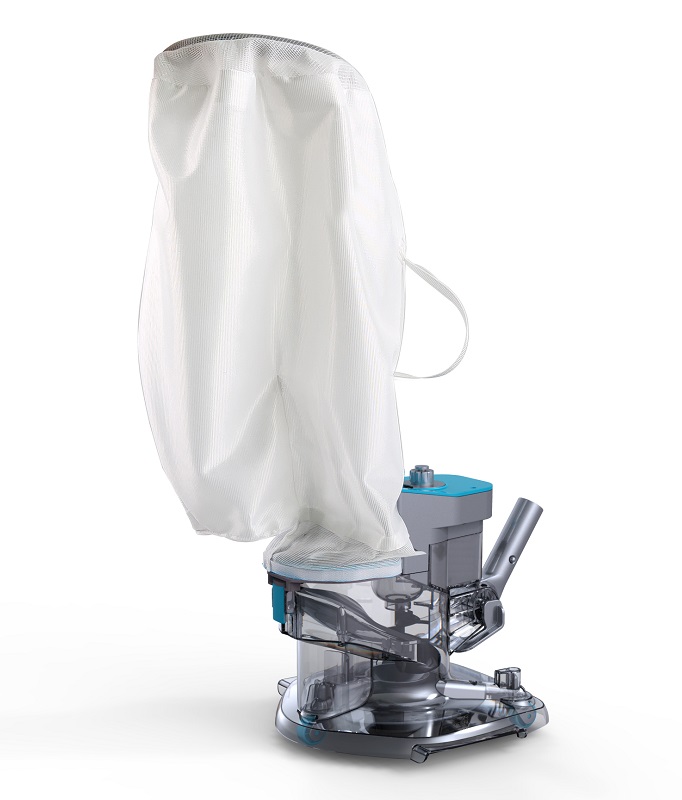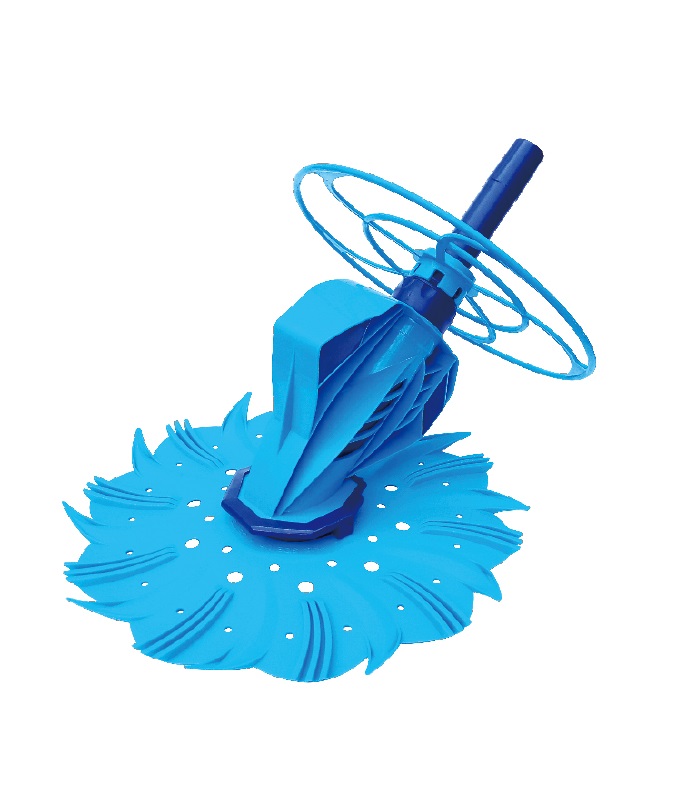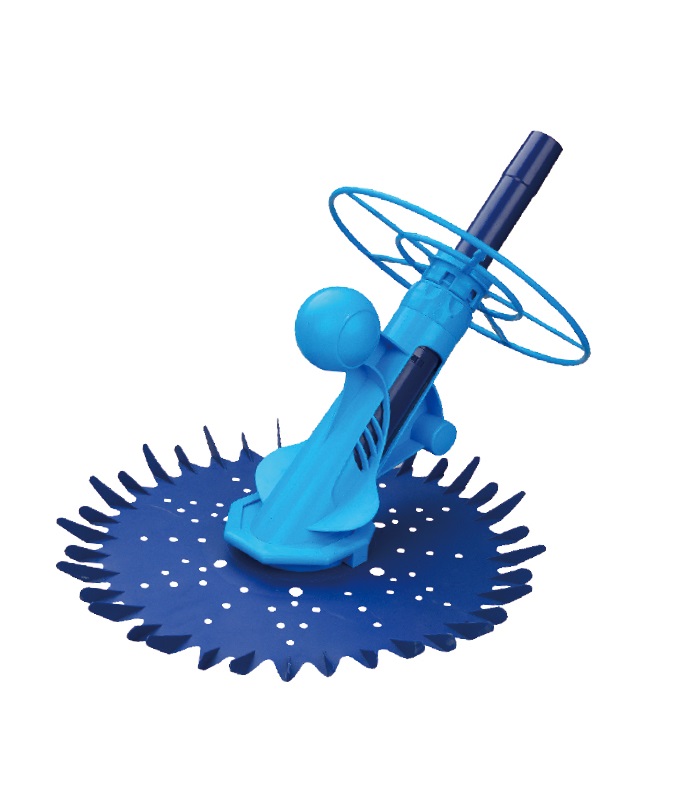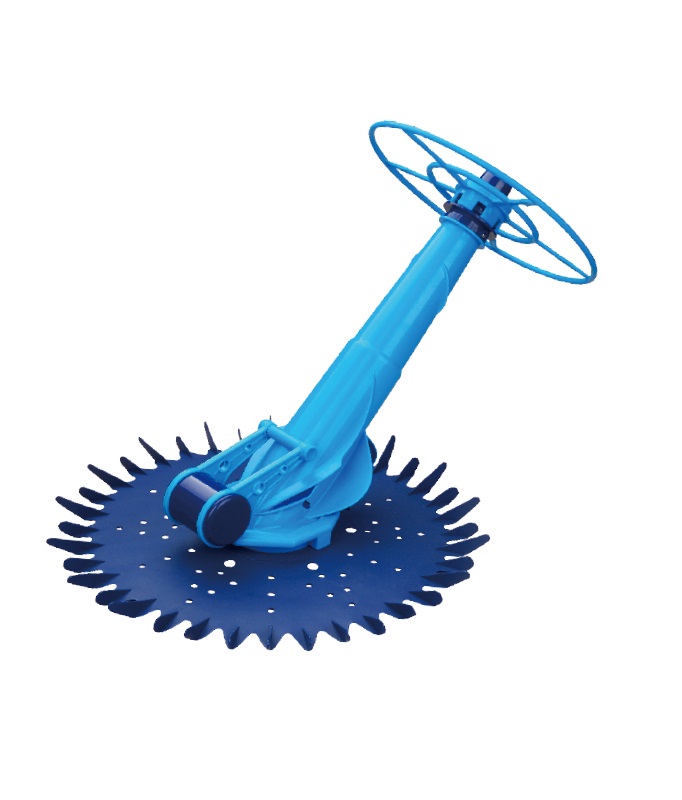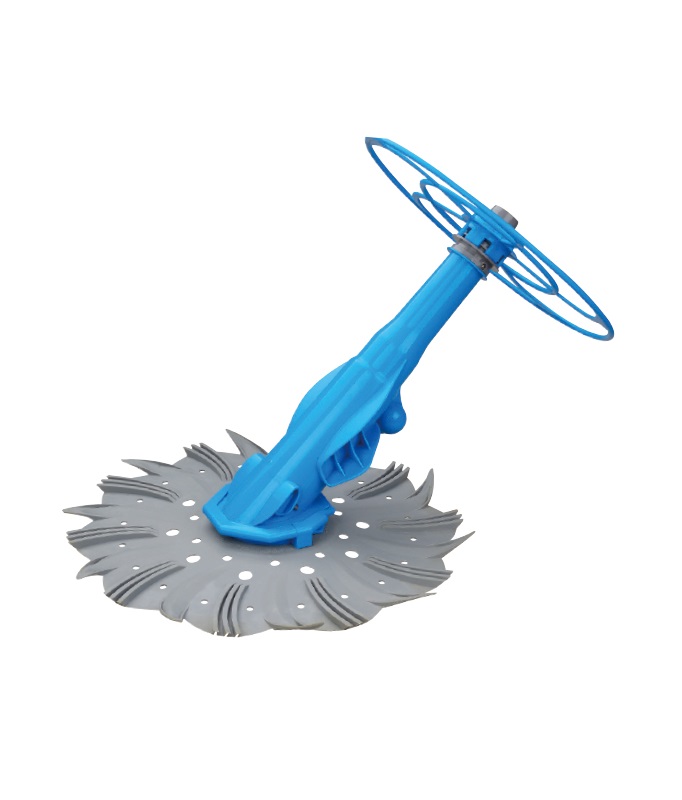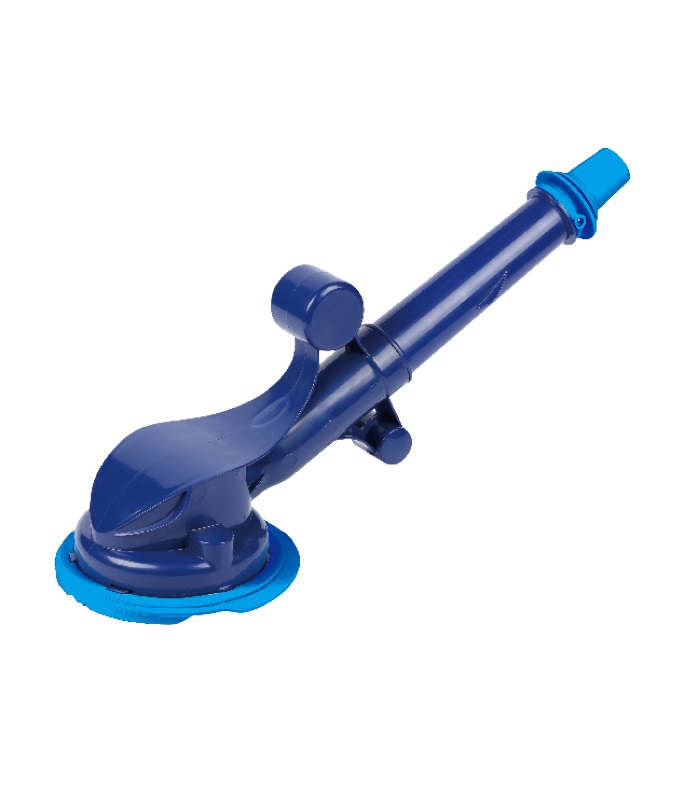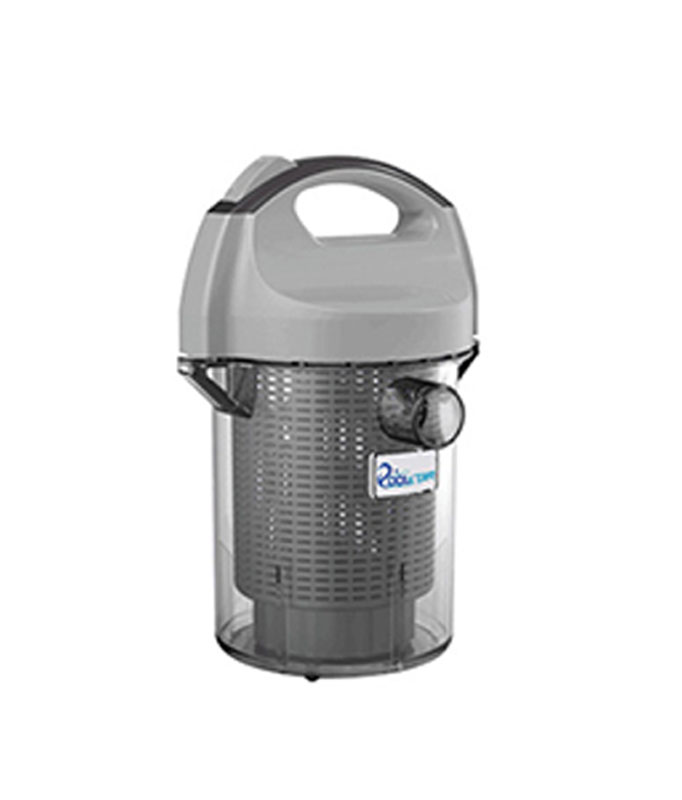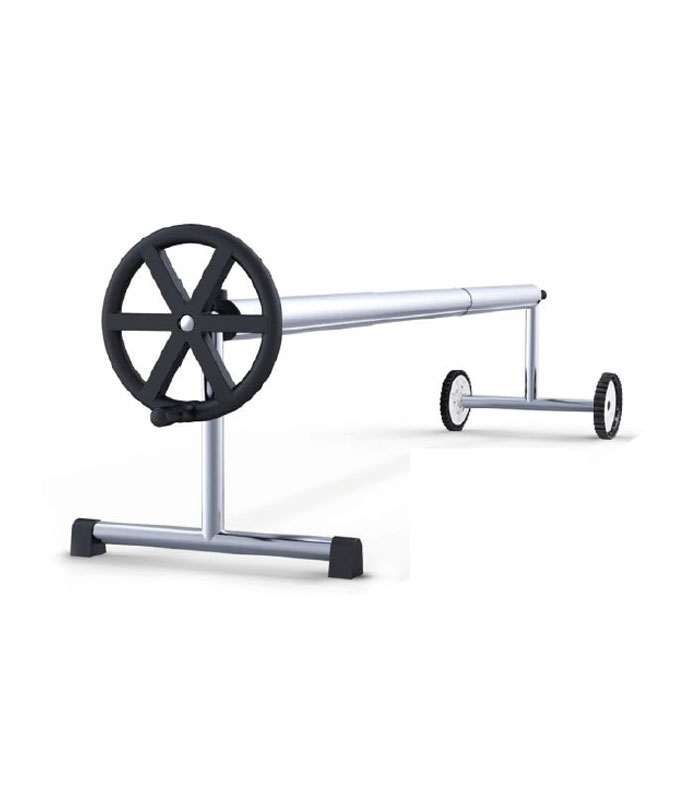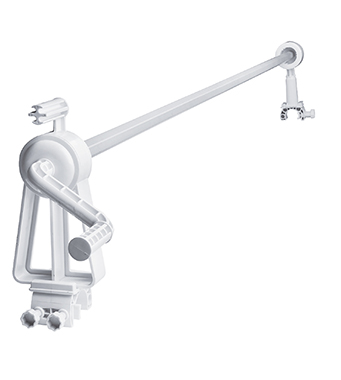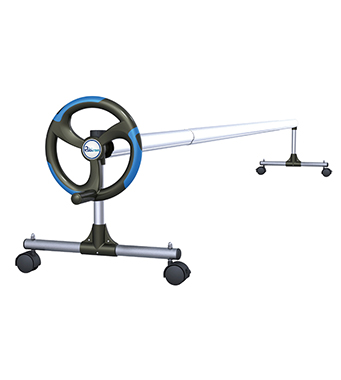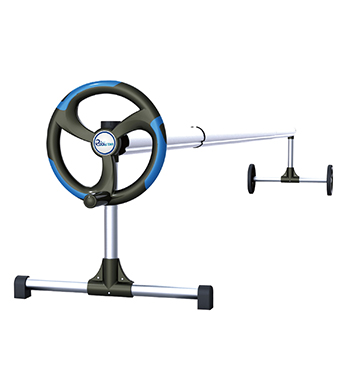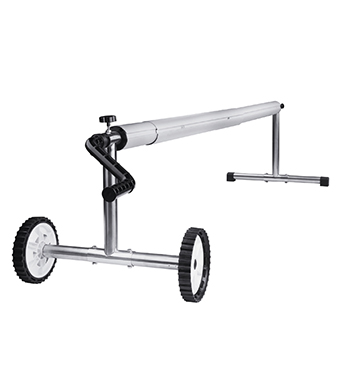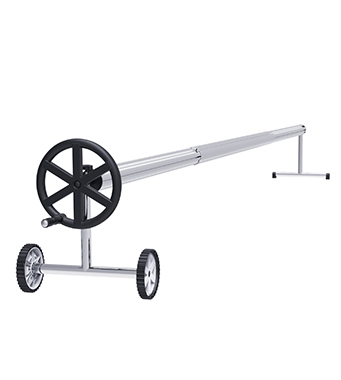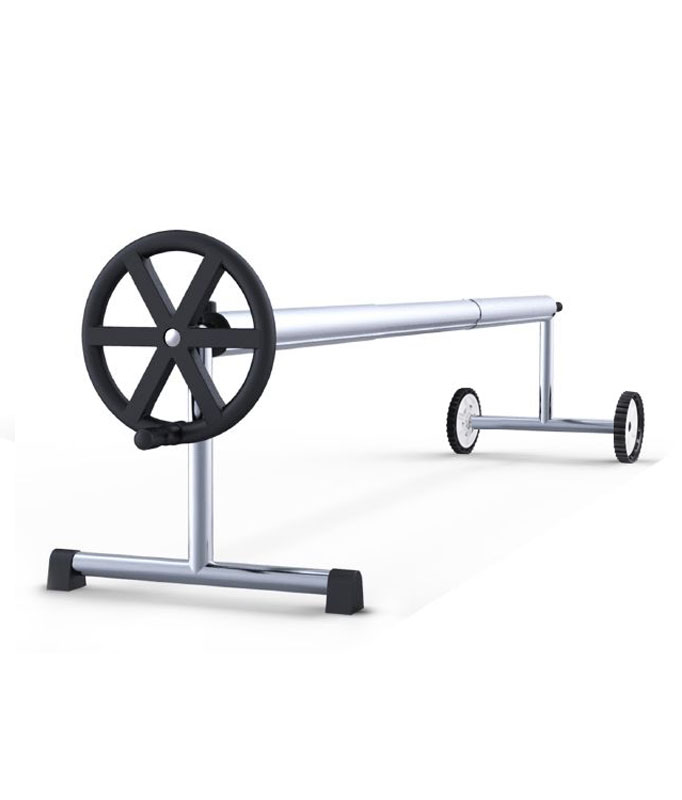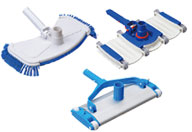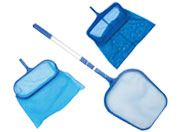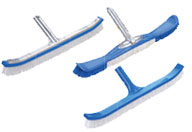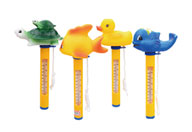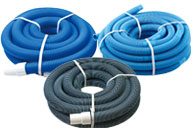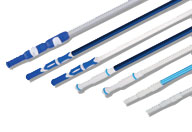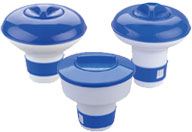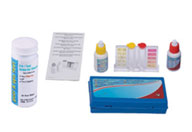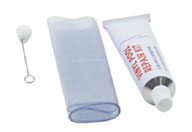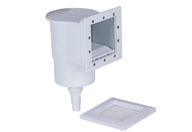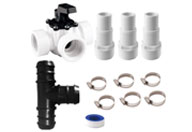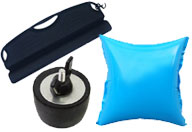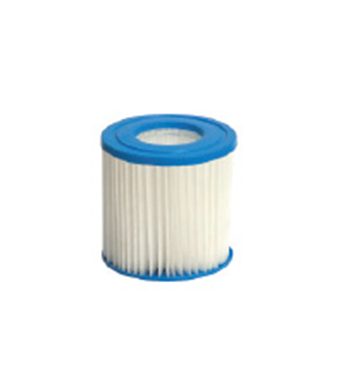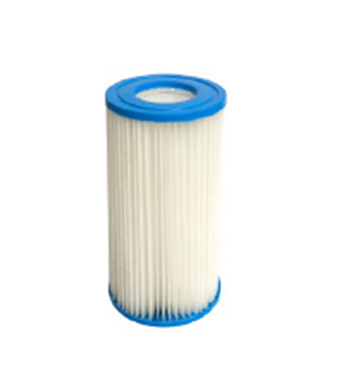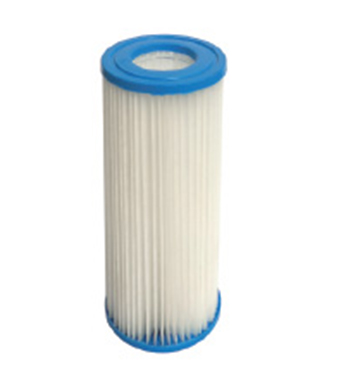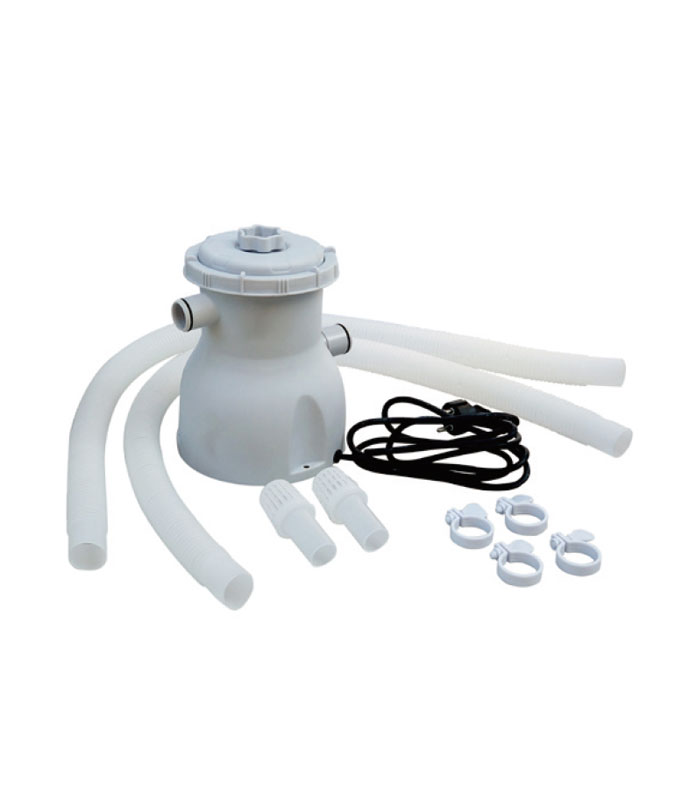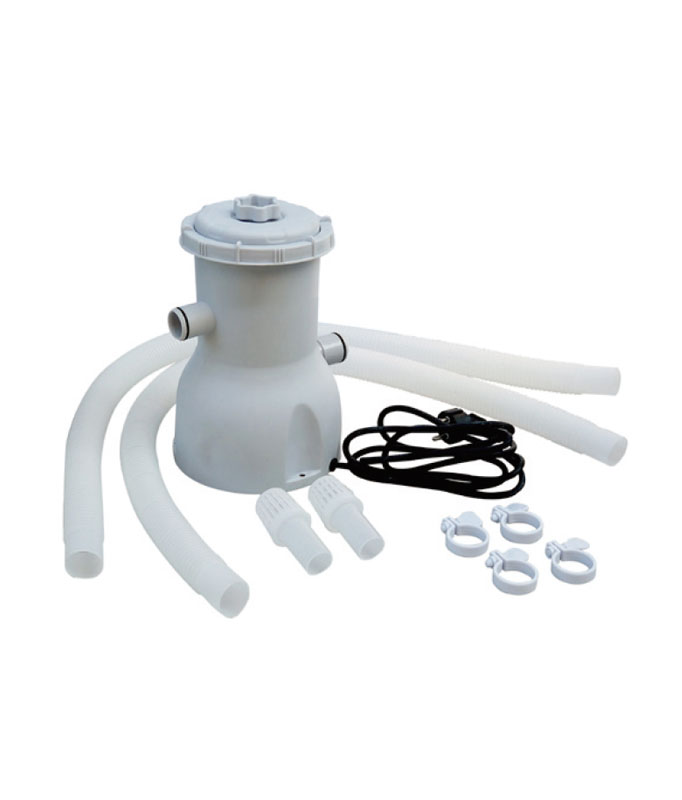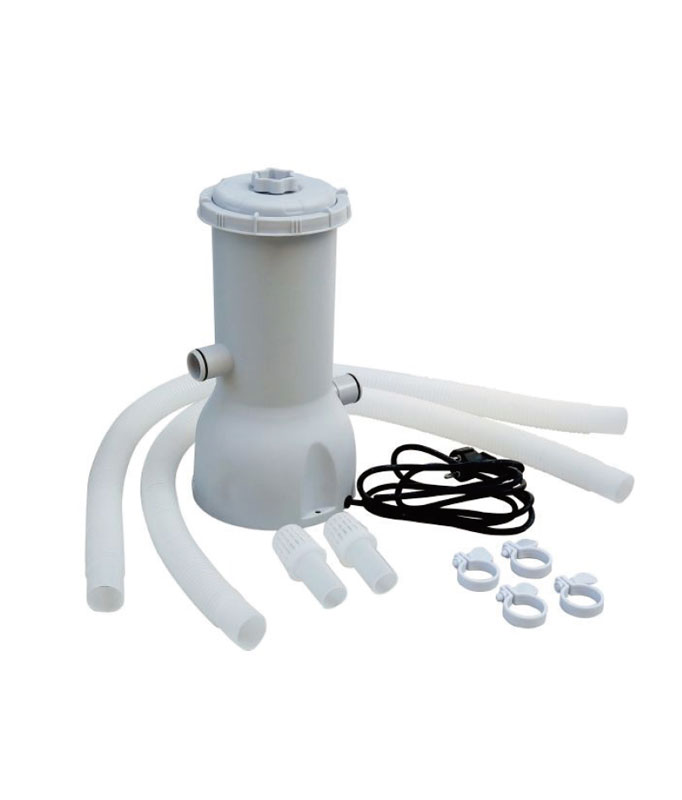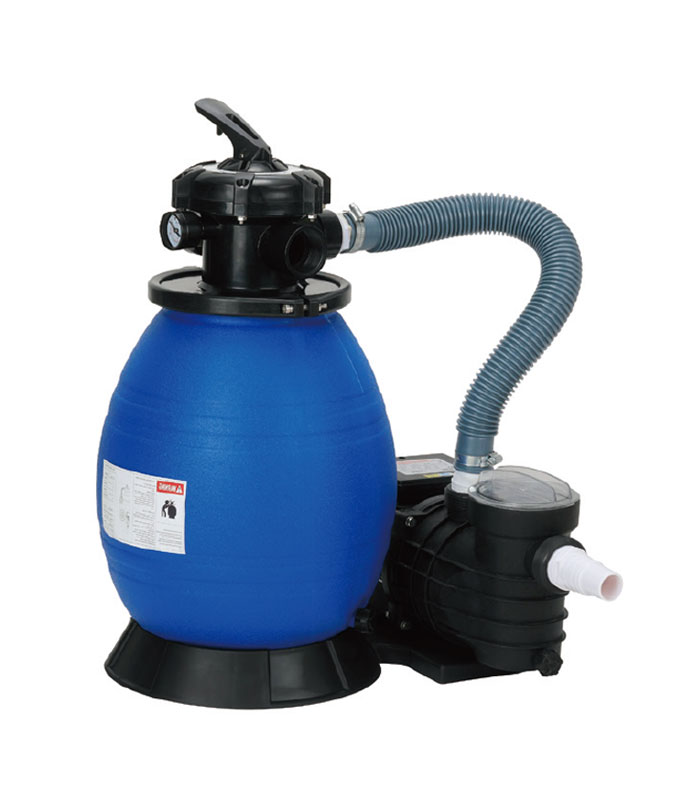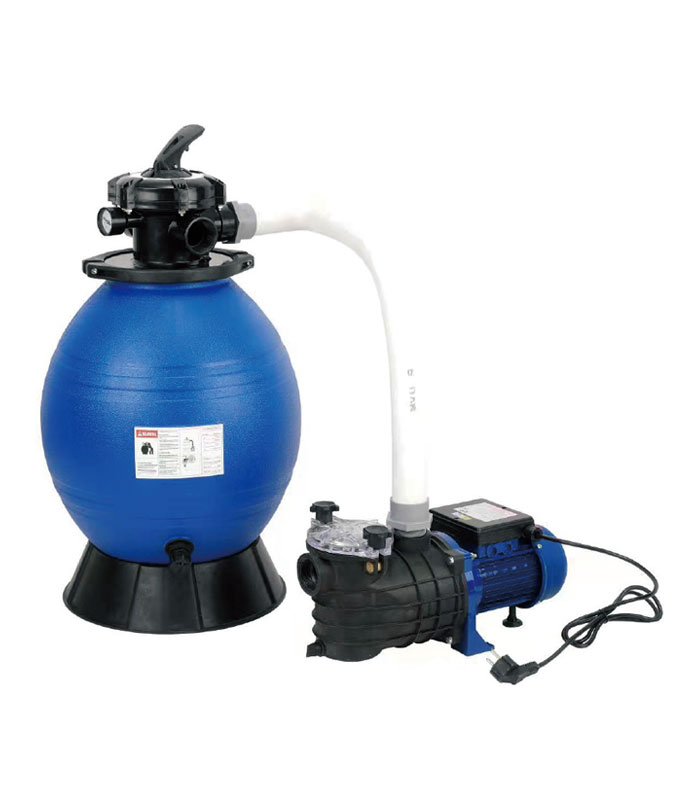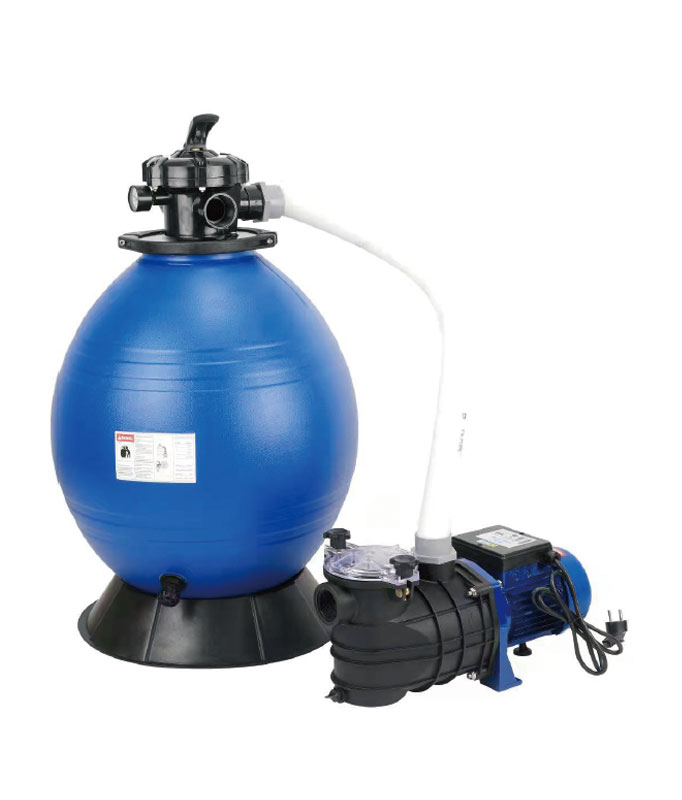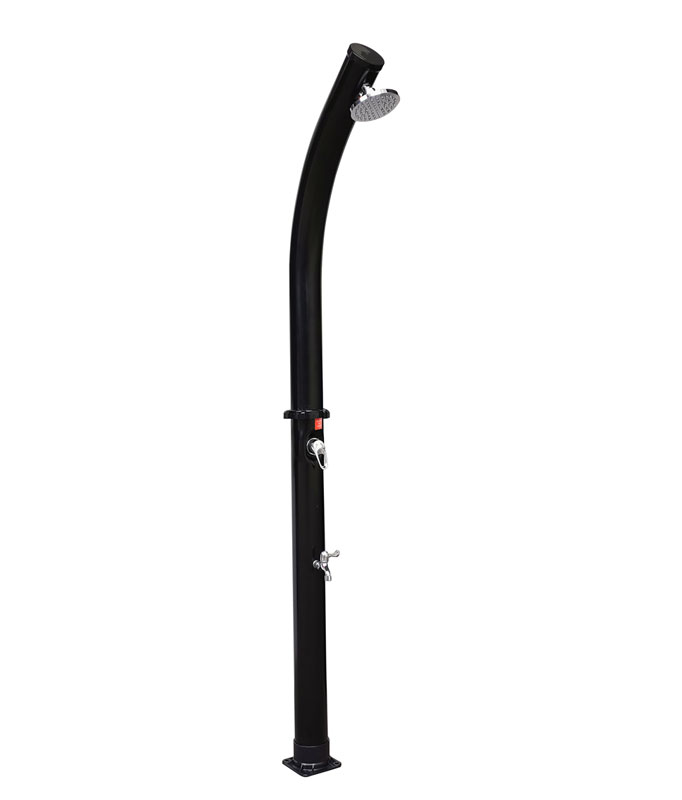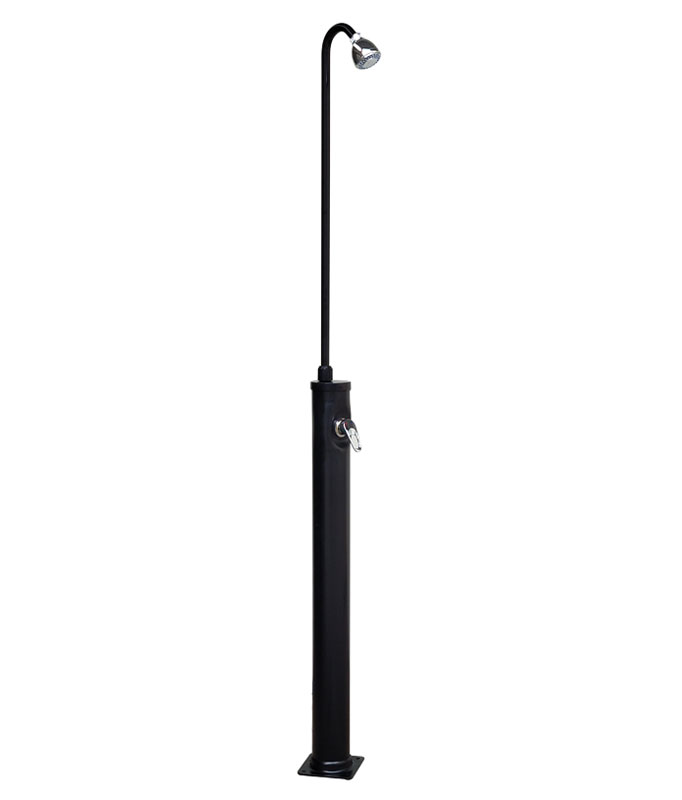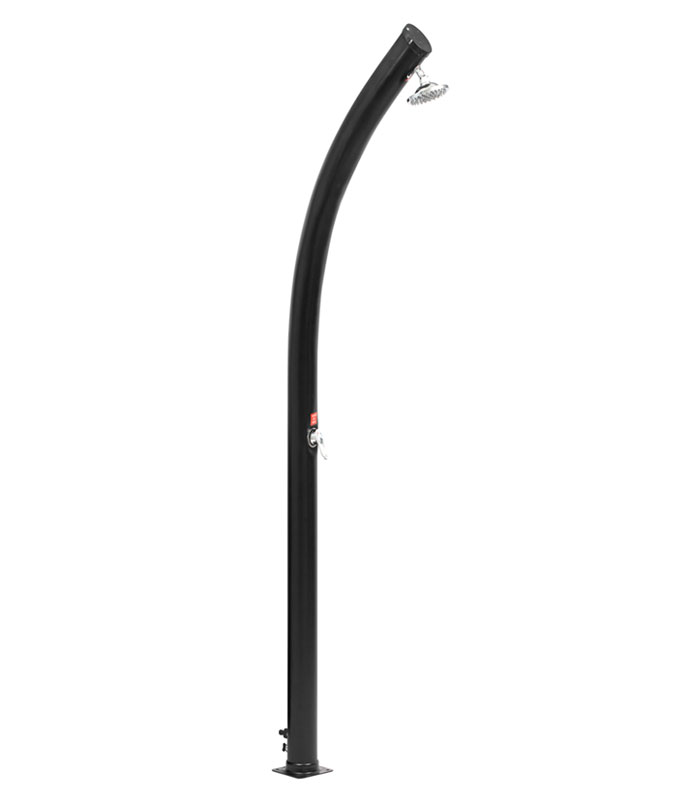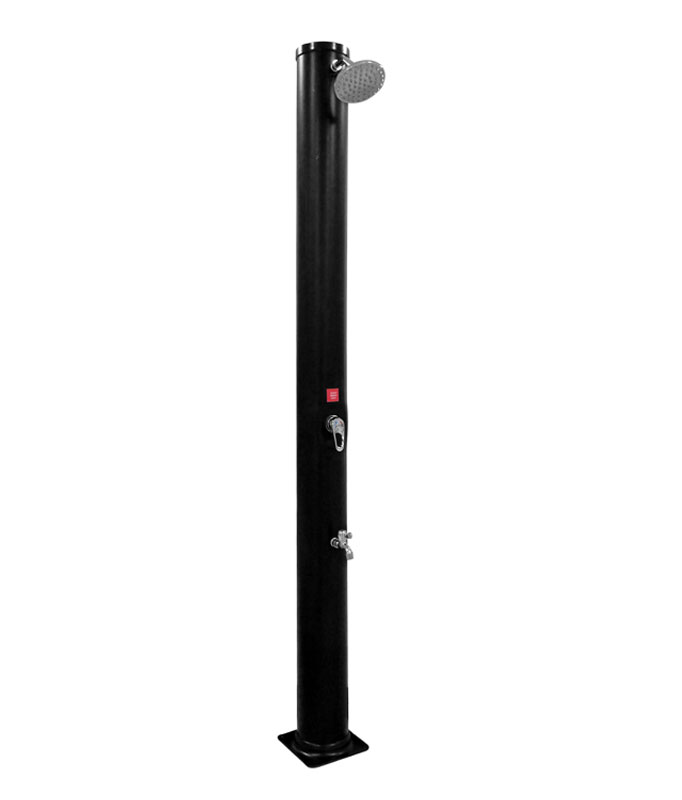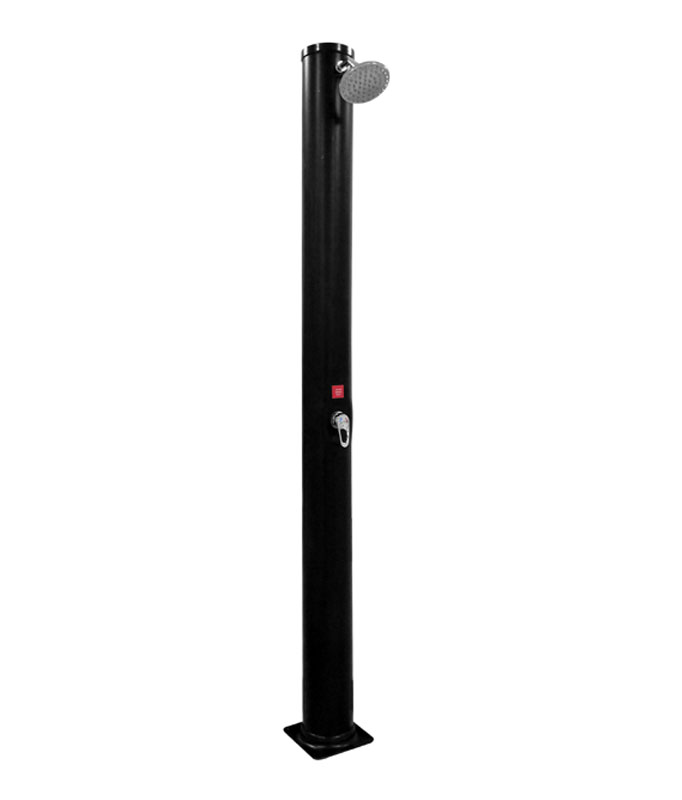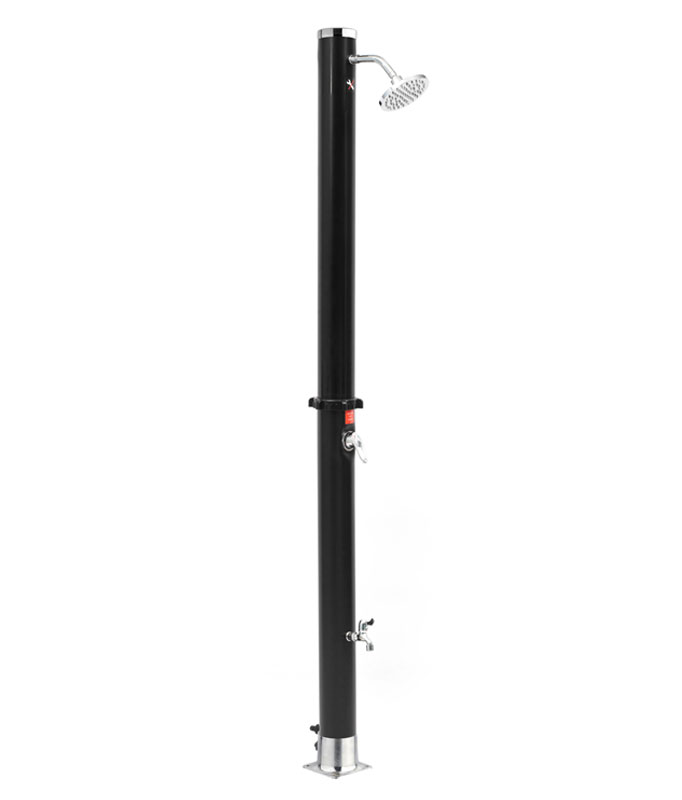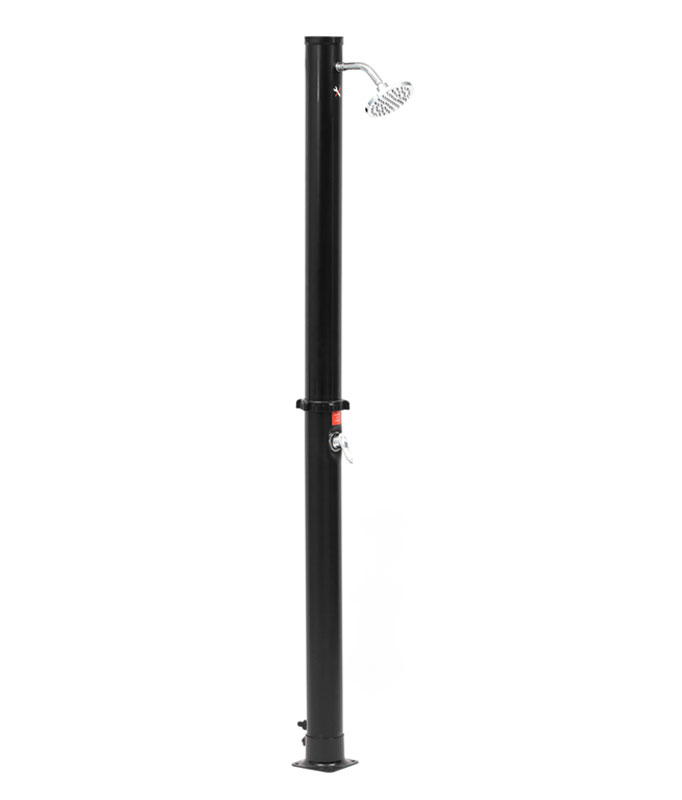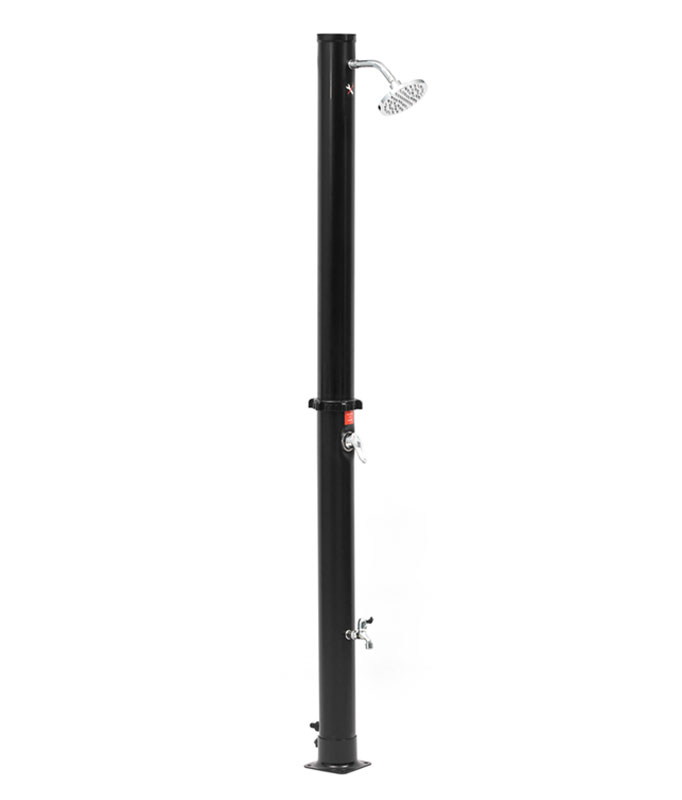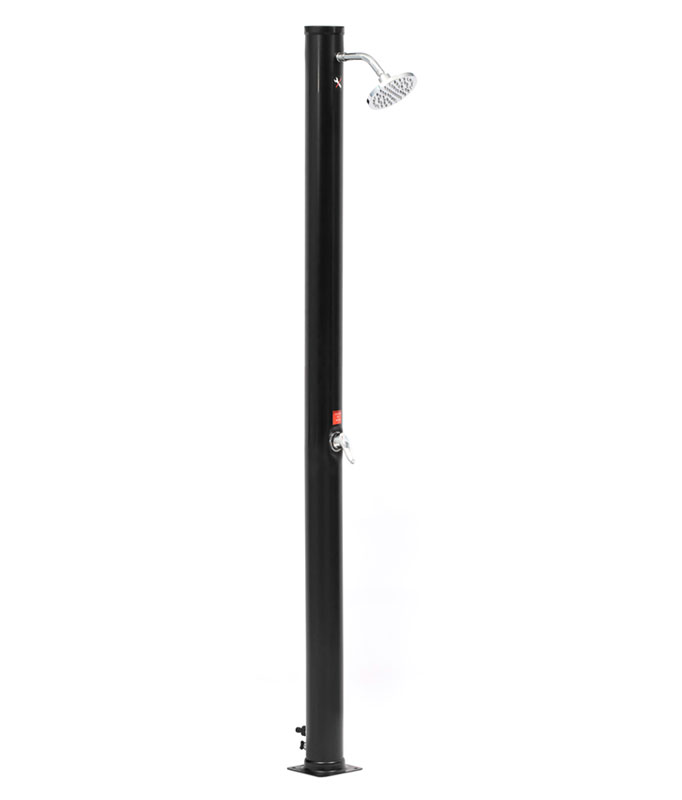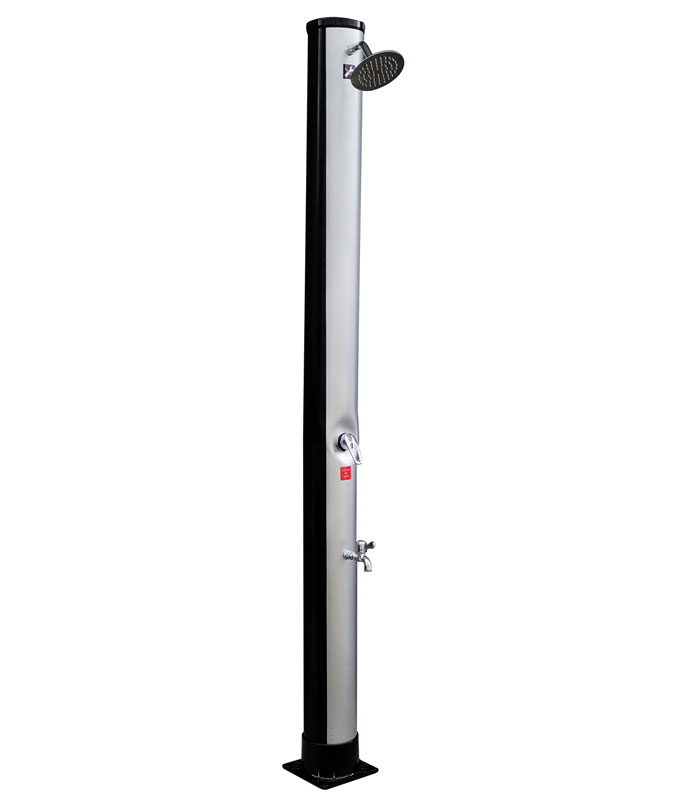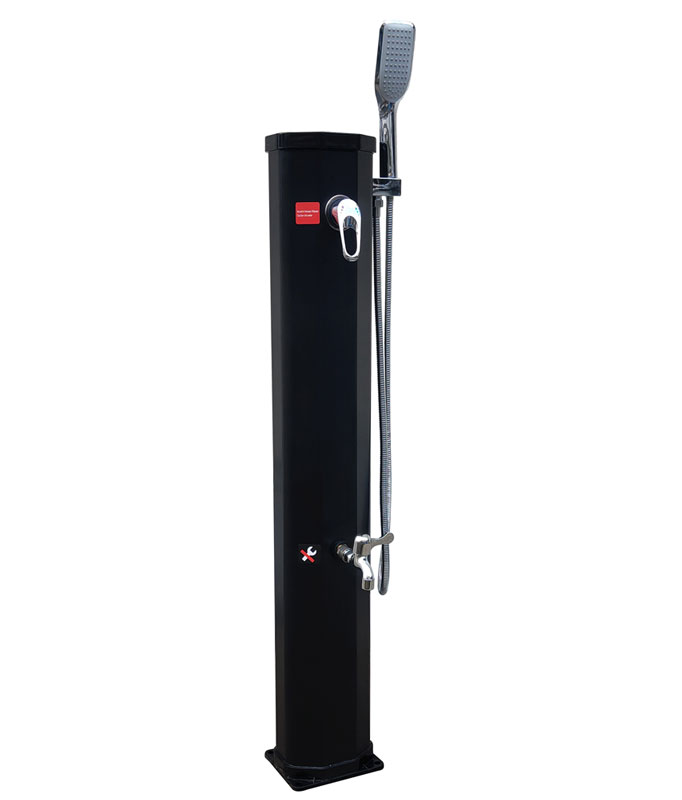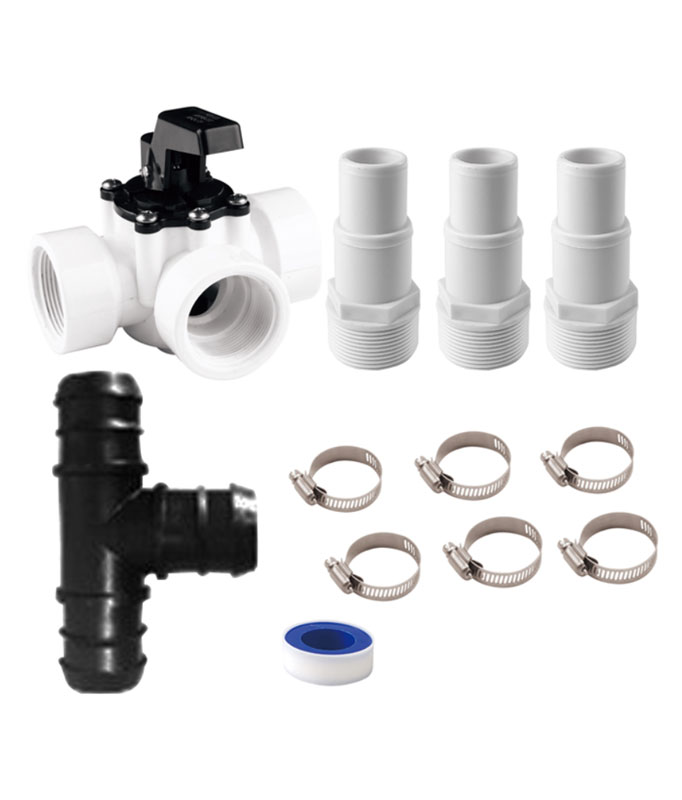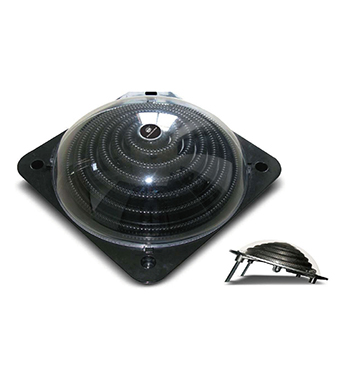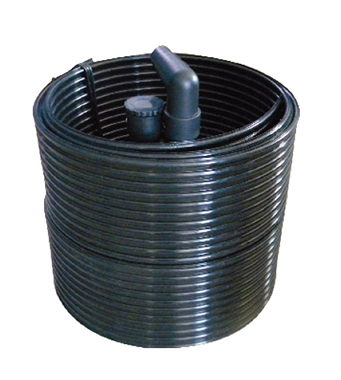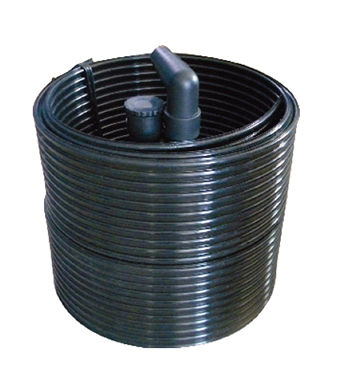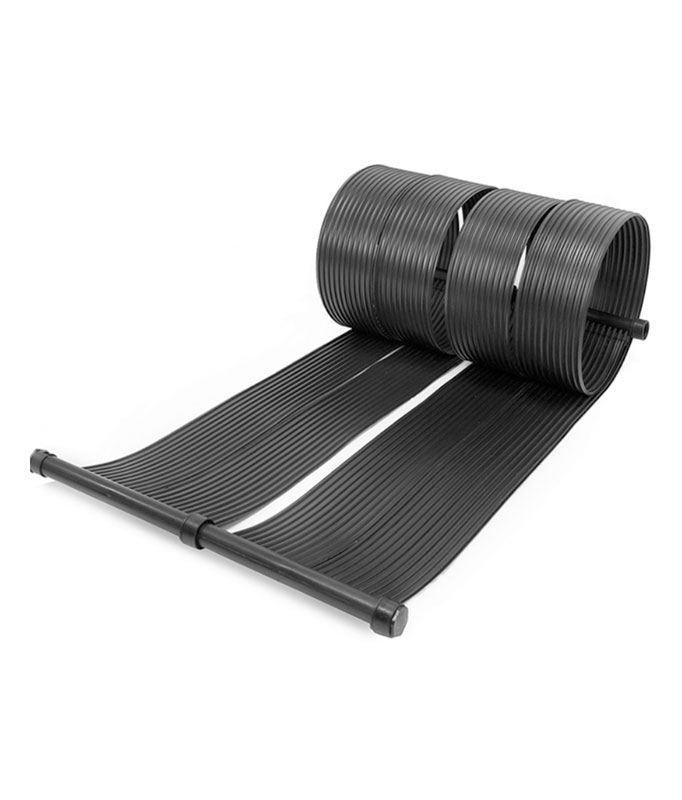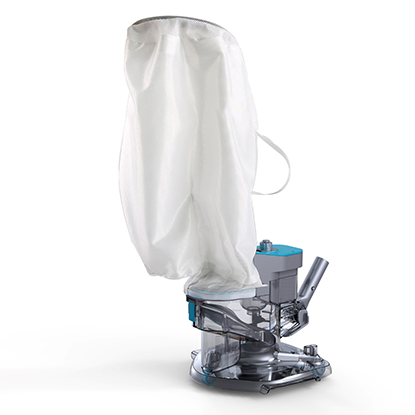
You want to keep your pool safe and clean. Soft nylon bristles on your pool vacuum brush help prevent scratches. Many tests, like Concrete vs. Vinyl: Portable Pool Vacuum’s Surface-Safe Brush Tests, show this. Explore tools such as https://www.cnpoolstar.com/product/elek-spa-51-11.html for better pool care.
Key Takeaways
- Choose a soft nylon brush to clean both concrete and vinyl pools safely without causing scratches or tears.
- Match your brush type to your pool surface: use nylon or stainless steel for concrete, but only nylon for vinyl liners.
- Rinse and inspect your brush regularly, use gentle strokes, and store it properly to keep your pool clean and avoid damage.
Why Brush Material Matters
Risks of Using the Wrong Brush
You might think any brush will clean your pool, but the wrong brush can cause real problems. Hard bristles or metal wires can scratch your pool’s surface. Scratches on concrete can lead to rough patches. These rough spots collect dirt and algae. On vinyl, a harsh brush can tear or puncture the liner. Even small tears can grow and cause leaks.
Tip: Always check your brush before using it. If you see sharp or broken bristles, replace the brush right away.
Here are some common risks when you use the wrong brush:
- Scratches on concrete or vinyl
- Torn or damaged vinyl liners
- Faster wear and tear on pool surfaces
- Higher repair costs
Benefits of Soft Nylon Bristles
Soft nylon bristles give you a safe and gentle way to clean your pool. These bristles glide over both concrete and vinyl without causing harm. You protect your pool’s finish and keep it looking new.
- Nylon bristles remove dirt and algae without scratching.
- They last longer because they resist breaking and bending.
- You can use them on both concrete and vinyl pools.
|
Brush Type |
Safe for Concrete |
Safe for Vinyl |
Durability |
|
Nylon |
✅ |
✅ |
High |
|
Stainless Steel |
✅ |
❌ |
High |
|
Combo |
⚠️ |
❌ |
Medium |
You make a smart choice when you pick a nylon brush. Your pool stays clean, safe, and beautiful for years.
Concrete vs. Vinyl: Portable Pool Vacuum’s Surface-Safe Brush Tests
Nylon Brushes for Concrete and Vinyl
You want to keep your pool safe, so you need to know how different brushes work. Concrete vs. Vinyl: Portable Pool Vacuum’s Surface-Safe Brush Tests show that nylon brushes work well on both surfaces. You can use a nylon brush on concrete without worrying about scratches. You can also use it on vinyl liners because the soft bristles do not tear or damage the material.
When you look at the results from Concrete vs. Vinyl: Portable Pool Vacuum’s Surface-Safe Brush Tests, you see that nylon brushes remove dirt and algae from both types of pools. You get a clean pool without harming the surface. Many pool owners choose nylon brushes because they last a long time and stay gentle.
Note: You should rinse your nylon brush after each use. This keeps the bristles soft and helps the brush last longer.
Stainless Steel and Combo Brushes: Pros and Cons
You might wonder if stainless steel or combo brushes work better. Concrete vs. Vinyl: Portable Pool Vacuum’s Surface-Safe Brush Tests reveal that stainless steel brushes clean tough stains on concrete. However, you should never use them on vinyl. The metal bristles can rip the liner.
Combo brushes mix nylon and stainless steel bristles. Concrete vs. Vinyl: Portable Pool Vacuum’s Surface-Safe Brush Tests show that combo brushes work for stubborn spots on concrete. Still, you risk scratching or tearing vinyl liners with them.
Here is a quick guide:
|
Brush Type |
Concrete |
Vinyl |
|
Nylon |
✅ |
✅ |
|
Stainless Steel |
✅ |
❌ |
|
Combo |
⚠️ |
❌ |
You should always match your brush to your pool surface. Concrete vs. Vinyl: Portable Pool Vacuum’s Surface-Safe Brush Tests help you make the right choice for safe cleaning.
How to Choose the Right Pool Vacuum Brush in 2025
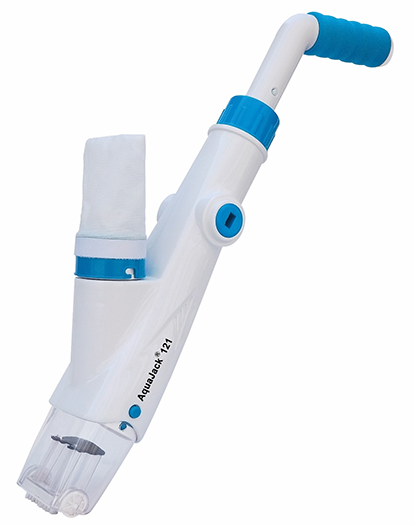
Matching Brush to Pool Surface
You need to match your pool vacuum brush to your pool’s surface. This step protects your pool and helps you clean it better. Concrete pools can handle tougher brushes, but vinyl pools need gentle care.
- Concrete Pools: You can use nylon or stainless steel brushes. Nylon works for regular cleaning. Stainless steel helps with tough stains, but only use it on concrete.
- Vinyl Pools: Always choose soft nylon bristles. Hard or metal bristles can tear the liner.
Tip: If you have a mixed-surface pool, pick a nylon brush. Nylon bristles clean both surfaces safely.
Here is a quick guide for matching your brush:
|
Pool Surface |
Best Brush Type |
Avoid These Brushes |
|
Concrete |
Nylon, Stainless |
Hard plastic, Combo |
|
Vinyl |
Nylon |
Stainless, Combo, Hard |
Key Features for 2025: Ergonomics, Durability, Compatibility
When you shop for a pool vacuum brush in 2025, look for new features that make cleaning easier and safer. Manufacturers now design brushes with your comfort and your pool’s safety in mind.
Key features to look for:
-
Ergonomics:
You want a brush with a comfortable grip. Look for handles with soft padding or non-slip designs. These features help you clean longer without hand pain.
-
Durability:
Choose brushes made from high-quality nylon. These bristles last longer and resist breaking. Check for sturdy frames that do not bend or crack.
-
Compatibility:
Make sure the brush fits your vacuum pole and system. Many 2025 models use universal connectors. Always check the product details before you buy.
Note: Some new brushes have quick-release buttons. These let you switch heads fast and save time.
|
Feature |
Why It Matters |
What to Look For |
|
Ergonomics |
Reduces hand fatigue |
Soft grip, lightweight handle |
|
Durability |
Lasts longer, saves money |
High-quality nylon, strong frame |
|
Compatibility |
Fits your equipment, easy to use |
Universal connectors, adapters |
Tips for Safe and Effective Cleaning
You want your pool to stay clean and damage-free. Follow these tips for the best results:
- Rinse your brush after each use. This keeps bristles soft and removes chemicals.
- Inspect your brush often. Replace it if you see broken or sharp bristles.
- Use gentle, even strokes. Do not press too hard. Let the brush do the work.
- Clean your pool regularly. Weekly cleaning prevents dirt and algae buildup.
- Store your brush in a dry place. This stops mold and keeps the brush in good shape.
Pro Tip: Always start brushing from the shallow end and move toward the deep end. This helps dirt move toward the main drain.
You can keep your pool looking great and avoid costly repairs by choosing the right brush and using it the right way.
You protect your pool when you choose the right vacuum brush. Soft nylon bristles give you the safest and most flexible cleaning in 2025.
- Pick a brush that matches your pool surface.
- Check for compatibility with your equipment.
Remember: Safe choices keep your pool clean and damage-free for years.
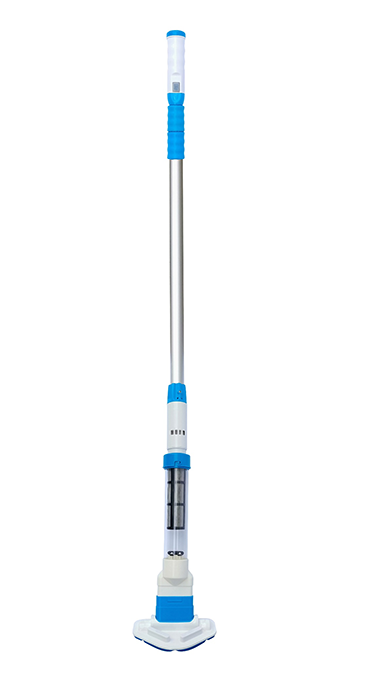
FAQ
What brush should you use for a vinyl pool?
You should always use a soft nylon brush. This type keeps your vinyl liner safe and prevents tears or scratches.
Can you use a stainless steel brush on concrete?
Yes, you can use a stainless steel brush on concrete. It removes tough stains. Never use it on vinyl pools.
How often should you replace your pool vacuum brush?
Check your brush every month. Replace it if you see broken bristles or sharp edges. A good brush keeps your pool safe.

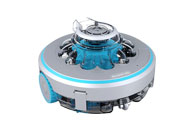 Robotic Pool Cleaner
Robotic Pool Cleaner 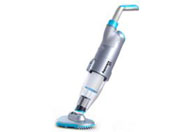 Portable Pool Vacuum Cleaner
Portable Pool Vacuum Cleaner 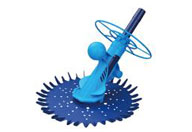 Automatic Pool Cleaner
Automatic Pool Cleaner 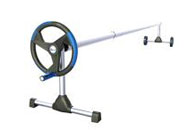 Pool Cover Reel
Pool Cover Reel 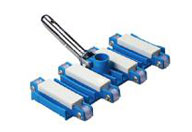 Pool Cleaning Accessories
Pool Cleaning Accessories 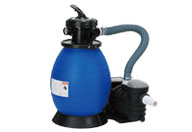 Pool Filter Pump
Pool Filter Pump 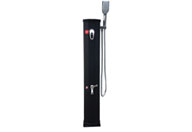 Pool Solar Shower
Pool Solar Shower 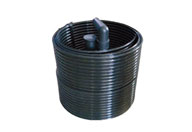 Pool Solar Collector
Pool Solar Collector 